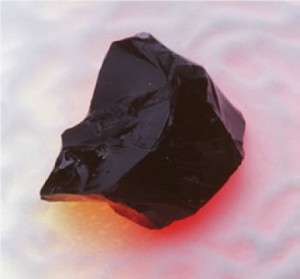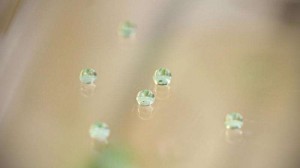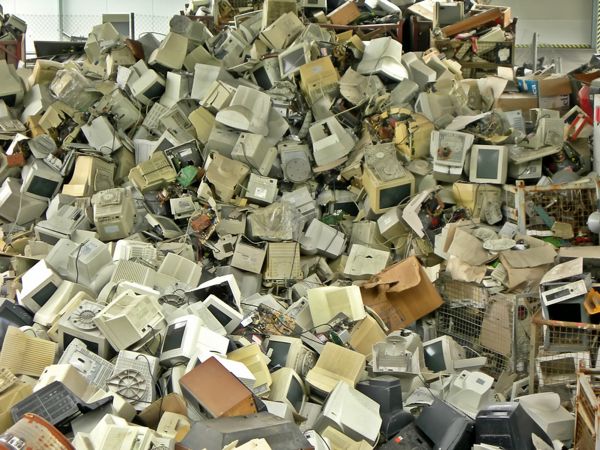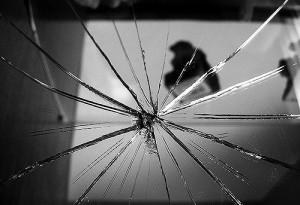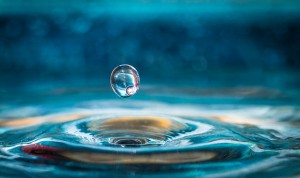Glass could contain radioactive waste
Without containment, iodine-129 disperses easily into the air and water. In humans, iodine-129 can easily damage sensitive organs and tissues, and is known to cause cancer. Iodine-129 has a half-life of nearly 16 million years, which means, practically speaking, that it will never achieve a human-safe state.
The US Department of Energy was one of the primary funding sources for the research. The DOE hopes to use the findings to address the broader issue of radioactive waste containment and disposal. Although the Rutgers research has concentrated on radioactive iodine, the method may be useful in encapsulating other forms of radioactive waste, including spent fuel rods from nuclear power plants. Currently, spent fuel rods are stored in place at nuclear power plants. Being able to dispose of the exhausted rods safely could make nuclear power more attractive.
Glass is an exceptionally versatile material, and because it is inert, it can perform in a wide number of applications. Glass can be used in containers, and as a surface for either countertops or walls.
Using specialized coatings like Glassprimer™ glass paint, glass can also be painted virtually any color. Backpainted glass can serve in virtually any environment. By applying paint directly to plain glass or tempered glass, you can liven up any room. It offers complete stain resistance, durability and cleans (and sanitizes) easily using ordinary household cleaners.
Best of all, Glassprimer™ glass paint is cost effective. You can achieve your desired coverage for about $1 per square foot.
If you’d like more information about Glassprimer™ glass paint, please visit the rest of our site. If you’d like to purchase Glassprimer™ glass paint, please visit our online store .
Photo Credit: Albert Kruger/U.S. Department of Energy

